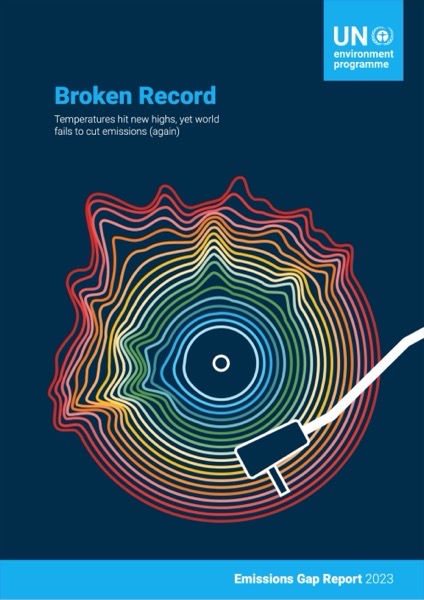During this decade of political bluster, hyperbole, and misinformation, it is important to remember the wise words of George Orwell. His article Politics and the English Language is just as important today, perhaps more so, than when it was published in 1946.
Despite the title, this essay is not limited to politics. It extends to journalists, scientists, and all who write to share information. Writers should beware the traps laid by lazy language.
A man may take to drink because he feels himself to be a failure, and then fail all the more completely because he drinks. It is rather the same thing that is happening to the English language. It becomes ugly and inaccurate because our thoughts are foolish, but the slovenliness of our language makes it easier for us to have foolish thoughts. —George Orwell
Orwell shared six rules for writers. I quote the second rule so often I sometimes sound like a linguistic parrot. For those who already know the basic rules of usage and grammar, these six rules will help all writers hone their skills
- Never use a metaphor, simile or other figure of speech which you are used to seeing in print.
- Never use a long word where a short one will do.
- If it is possible to cut a word out, always cut it out.
- Never use the passive where you can use the active.
- Never use a foreign phrase, a scientific word or a jargon word if you can think of an everyday English equivalent.
- Break any of these rules sooner than say anything outright barbarous.
At just over 5,000 words it can be a quick read; however, I encourage readers to take their time with it to fully digest its guidance and meaning. To close, just enjoy two of my favorite sentences: the first lyrical, the latter functional.
A mass of Latin words falls upon the facts like soft snow, blurring the outlines and covering up all the details. The great enemy of clear language is insincerity.
Choose your words carefully and share the truth with clarity and grace.

